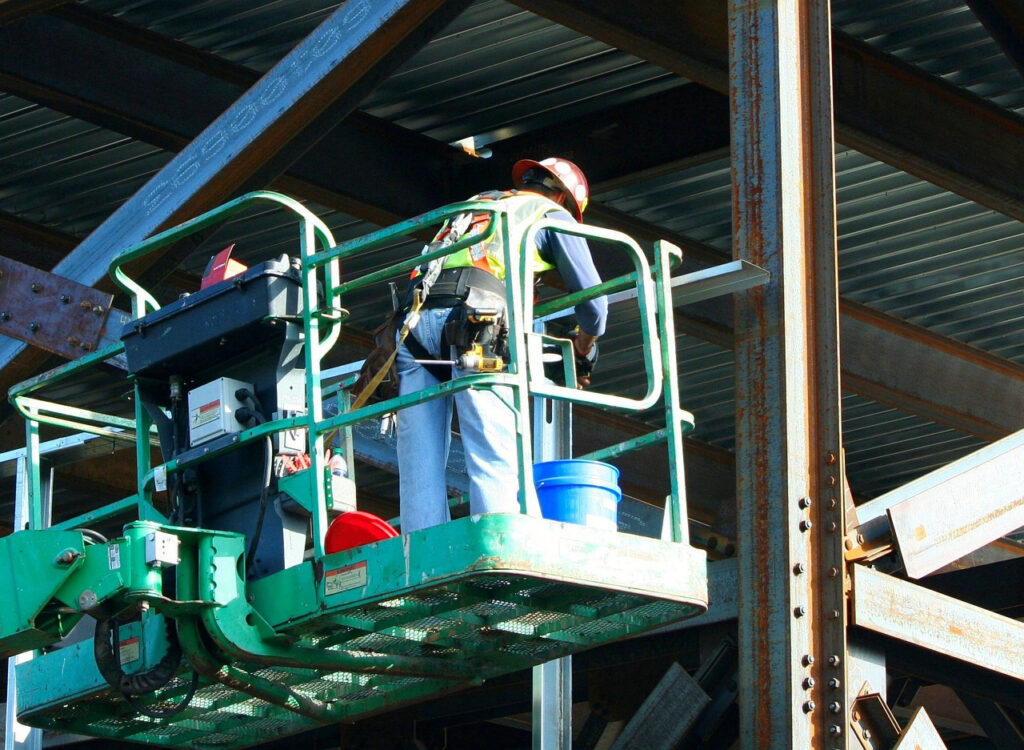Making Wireless IoT Project Easy, Smart, Secure.
GET A FREE SAMPLEIn recent years, there has been a growing demand for more accurate indoor positioning systems that can enhance navigation and location-based services within buildings. Ultra-Wideband (UWB) technology has emerged as a promising solution, revolutionizing indoor positioning applications. This article explores the concept of UWB indoor positioning, its benefits, and its wide-ranging applications.

Ultra-Wideband (UWB) technology is a wireless communication technology that operates at very low power levels over a wide frequency band. It uses short-duration pulses or waveforms to transmit data, enabling highly precise distance and location measurements. UWB signals exhibit excellent penetration capabilities, making them suitable for indoor positioning, even in complex environments.
UWB indoor positioning offers unparalleled accuracy, with positioning resolutions down to a few centimeters. This level of precision enables reliable tracking and navigation within indoor spaces, providing users with real-time location information.
UWB signals are less prone to multipath interference, which occurs when signals bounce off surfaces and arrive at the receiver at different times. By mitigating multipath effects, UWB technology ensures robust and reliable indoor positioning, even in areas with reflective surfaces and obstacles.
UWB technology supports scalable deployments, making it suitable for a wide range of indoor environments. From small retail stores to large warehouses or office complexes, UWB-based positioning systems can be implemented effectively, offering flexibility and adaptability.
UWB devices consume minimal power, making them suitable for battery-powered applications. This energy efficiency ensures extended device battery life, making UWB indoor positioning viable for long-term deployments.
In retail environments, UWB indoor positioning enables personalized shopping experiences, guiding customers to specific products or providing targeted promotions based on their location. Hotels and resorts can utilize UWB technology to enhance guest experiences by offering seamless navigation within the premises and providing location-based services.
UWB indoor positioning transforms the efficiency of manufacturing and warehousing operations. By accurately tracking assets, materials, and personnel, companies can optimize workflows, reduce errors, and improve safety. UWB-based systems enable real-time inventory management, asset tracking, and automated guidance for workers.
UWB indoor positioning has significant potential in healthcare settings, such as hospitals and clinics. It can assist in patient tracking, asset management, and staff coordination. UWB-based systems can help locate medical equipment quickly, reduce response times during emergencies, and enhance patient flow management.
UWB technology can play a vital role in creating intelligent and interconnected buildings. By integrating UWB indoor positioning with building automation systems, facilities managers can optimize energy usage, improve security, and offer personalized services. UWB-enabled smart buildings can provide seamless navigation, indoor analytics, and context-aware automation.
While UWB indoor positioning shows great promise, some challenges need to be addressed. These include system cost, standardization, and integration with existing infrastructure. However, ongoing research and development efforts are focused on overcoming these obstacles.
Looking ahead, the future of UWB indoor positioning appears bright. Advancements in UWB technology, coupled with increased adoption and standardization, will likely lead to more widespread implementation across various industries. The integration of UWB with other technologies, such as Internet of Things (IoT) devices and artificial intelligence, will further enhance its capabilities and open up new possibilities for indoor positioning applications.
UWB indoor positioning applications are transforming the way we navigate and interact within indoor spaces. With its exceptional accuracy, robustness, and scalability, UWB technology offers a wide range of benefits across industries such as retail, manufacturing, healthcare, and smart buildings. As the technology continues to evolve and overcome challenges, we can expect UWB indoor positioning to play a pivotal role in shaping the future of indoor navigation and location-based services.
Copyrights© Shenzhen Skylab Co.,LTD All Rights Reserved.

